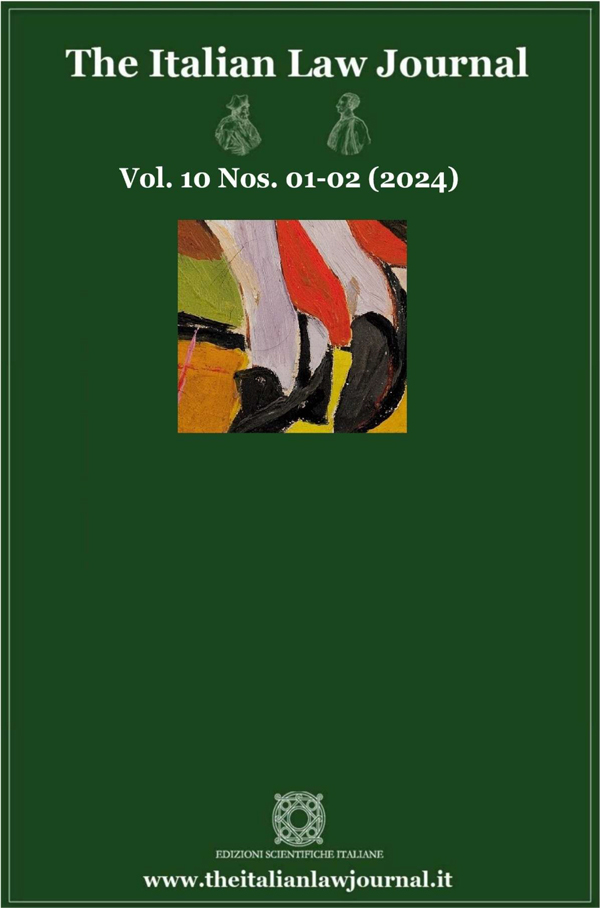8 THE ITALIAN LAW JOURNAL NO. 2 (2022)
Pandemic Emergency Measures and Insolvency Laws
by Federico Pernazza and Domenico Benincasa The international spread of the Covid-19 has generated in the past years financial and social consequences affecting the global economy. Despite the different legal frameworks, the response by national governments and financial and international regulators has showed an unexpected convergence in several economic and legal aspects. DOI 10.23815/2421-2156.ITALJ ISSN 2421-2156
In particular, bankruptcy law emergency measures have provided fertile ground for comparative and interdisciplinary analysis of States’ approaches. In this field, the underlying common intention of governments to facilitate the continuation of business activities was transposed in emergency measures with different impact on the framework of the insolvency law and in connected subjects, depending on the national jurisdictions.
This paper inquires comparatively the most relevant emergency measures concerning insolvency from an Italian perspective, with particular reference to (i) the suspension of involuntary proceedings, (ii) the duty (and exemptions) to filing for bankruptcy and directors’ liabilities, (iii) freezing of capital maintenance rules and (iv) the full or partial postponement or anticipation of the entry into force of the bankruptcy law.
The research highlights the close connection between the regulation of corporate crisis and that of corporate governance and the liability of corporate bodies and the need, therefore, for a coordination of emergency measures in the field of insolvency with the legal framework of company and corporate law. On the other hand, in the context of the European Union, it has emerged how the harmonization effected through supranational sources, most recently with the Insolvency Directive, can be usefully supplemented by fostering the circulation of models through a more intense comparative study of national experiences, as occurred during the Covid emergency period.




























